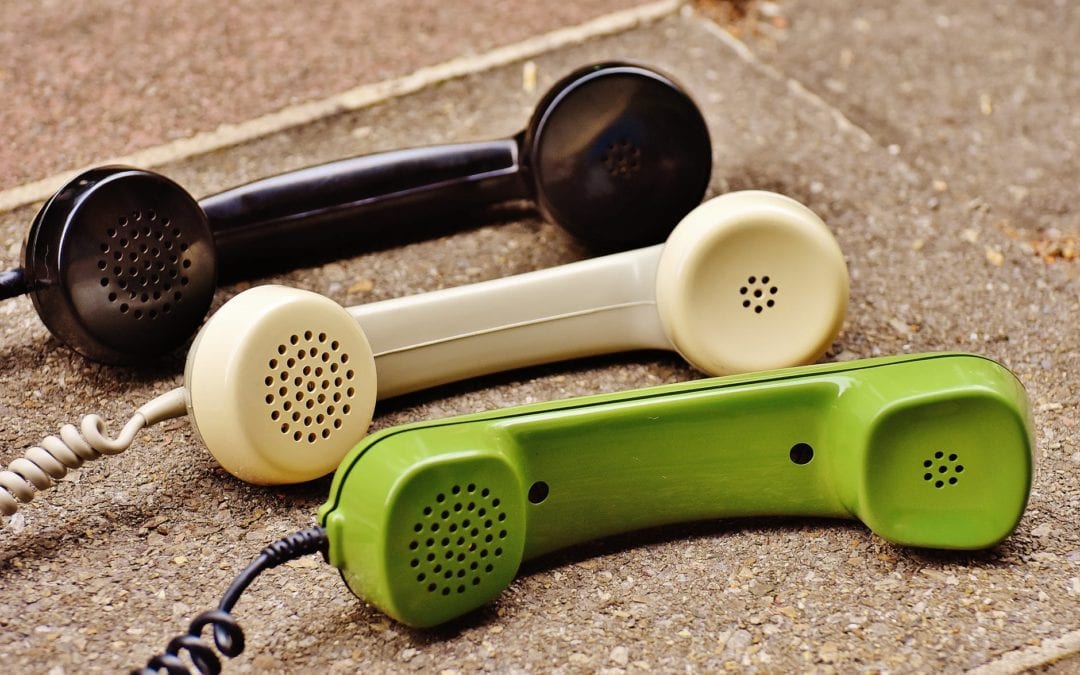What does over-the-phone interpreting consist of?
Over-the-phone interpreting (OPI), sometimes called “phone translation”, is a specific language-related and real-time service. It consists of connecting at least two speakers over the phone who do not share a common language. An interpreter is also on the phone – so there are at least three lines connected – and plays the role of a messenger. S/he renders the original speech into the appropriate language so that speakers can understand each other easily. This service modality differs from other interpretation mechanisms as it does not occur face-to-face. OPI is increasingly in demand as in-person services can be very expensive and linguistic diversity isst countries.
How does it work?
It starts with a client – a corporation or an individual for example – who needs a multilingual service for instant communication with someone else. The client contacts an agency which provides telephone interpretation services and provides basic information including the languages at stake. The OPI provider finds an interpreter within a minute and connects the call between the three parties.
The interpretation process takes place in consecutive mode: the interpreter listens (and takes notes) until the speaker finishes what s/he has to say and then renders the speech into the listener’s language. The roles of speaker and listener always switch but that of the interpreter is always the same. So this is a three-way and almost instant communication.
Most of the time, OPI call centres offer services 24 hours/day, 7 days/week and 365 days/year. They are staffed with great interpreters, technical engineers, scheduling analysts and many more. Usually, they manage to successfully connect people within a few seconds in many language pairs.
Who uses this kind of service?
OPI is useful in many situations and settings: government, financial, health care and others. Let’s take a practical example: the airport. Airports are probably the ultimate place to find hundreds of different languages. In a country such as Canada where immigration policies are very strong, the need for multilingual staff is huge. Indeed, even if English and French are the official languages, not everyone can speak them. Plus, it is impossible to hire someone for every single foreign language. Customs officers need help to bridge the language barrier and that is where OPI comes into play. If facing a language issue, the immigration office of the airport can call an OPI agency and they will provide an interpreter in the language requested within a matter of seconds.
OPI is a fabulous technology which can radically cut costs for businesses. Indeed, to forge fast and reliable connections with all their customers, corporations need good communication tools and multilingual support. Instead of asking for in-person interpretation services or hiring bilingual staff, they can now rely on OPI which is often far more affordable.
The role of the interpreter and the rules they must follow
Interpreters are usually trained for a long time before being able to interpret professionally. Indeed, they must follow certain rules and possess excellent communication and language skills. Usually, you don’t need a certificate or diploma to be a translator or an interpreter, but it is recommended to undergo classes and training. Moreover, many bilingual people have tried to interpret here and there and recognize that it takes more than language skills to do so professionally.
Over-the-phone interpreters are moderating between two people and must stay impartial during the communication. They must pass the information in a purely informative way and are not allowed to offer opinions or provide suggestions. And of course, like any other type of interpreter, they cannot change the meaning of the original text by summarizing or paraphrasing.
Interpreters are not superhuman. Even if they take notes to ensure the highest degree of accuracy, their memory has limits. So when the speaker talks for too long and the interpreter thinks s/he will not be able to render faithfully anymore, s/he must interrupt the speaker immediately. Also, every conversation must stay private in order to guarantee the clients’ confidentiality. This means that every note taken during the interpretation process must be destroyed after the call, unless otherwise specified by the client.
What about LingoStar?
Do not hesitate anymore: over the phone interpreting is definitely a reliable service which will oil the wheels of your company. So, rely on technology and let yourself be helped. You will gain a lot from doing this. If you are in need of over-the-phone interpreting, call us at 604-629-8420 or send us an email at info@lingo-star.com. We work with trusted communication partners in every major European and Asian language. Bridging the language barrier is all we want to help you with. Contact us for a free quote at dev.lingo-star.com. We are here to help and make your life easier!

















